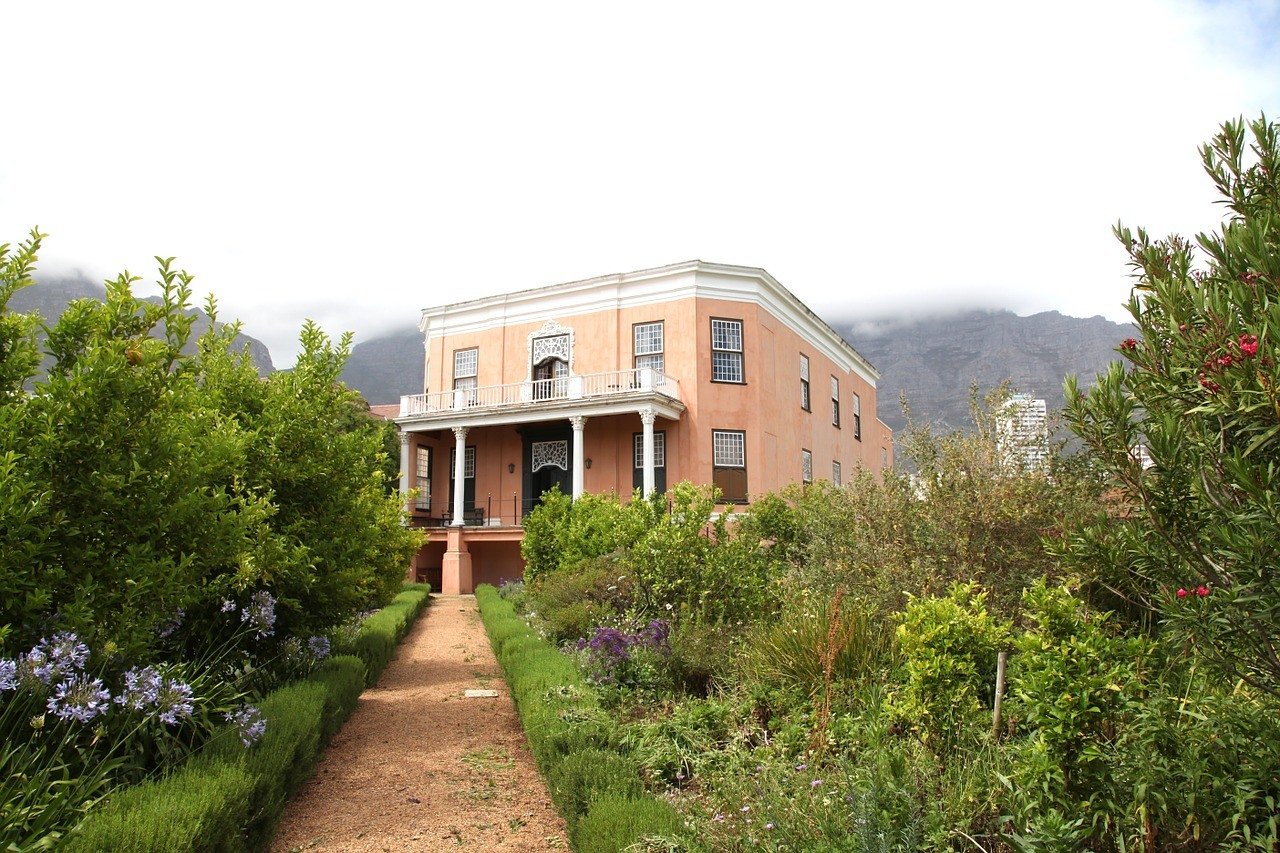Africa
First-time buyers paying more for a home in South Africa
Figures released by a home loan company show that first-time buyers are paying more for a property than they did twelve months ago.

Purchase prices for first-time buyers have risen by nearly 6% in the last year because of a surge in demand, and the average first-time buyer now pays R739,000 for a home.
South Africans saving for a deposit
The average South African earns only R3,600 per month, which is nowhere near enough to cover mortgage repayments. Despite this, young people are increasingly prioritising buying a home above other things. People in their late 20s and early 30s are keen to settle down and become homeowners. They are making an effort to save enough to put down a deposit on a home. Since options like claiming abandoned properties are rarely available, people have to save much more than in other countries for the deposit.
Average wages in South Africa
Figures show that typical first-time buyers manage to save around 10% of the purchase price of a typical home. This equates to around R90,000. This is a lot of money, so first-time buyers in South Africa are clearly a very determined bunch. Research shows that more than half of all first-time buyers are able to put down deposits greater than 10%, with the average deposit increasing to as much as 22%. However, it is not easy to secure a mortgage in South Africa, and many applicants have to work hard to secure a home loan.
What are the best-paid occupations?
The best-paid industries in South Africa are mining and utilities, with average monthly earnings of R7,500. People working in the services, finance, and transport sectors also fare quite well, with average monthly earnings around R5,000. Domestic workers earn the least, as their monthly earnings are only R1,500. In contrast, managers and professionals earn a lot more than skilled workers, with a monthly income of R17,000-18,000.

Sometimes, the monthly average income might not be enough for first-time buyers, even if they work in good industries. (Source)
Sadly, despite the fact that many South Africans do earn decent monthly incomes, wages have fallen behind price increases in food, fuel, and transport, so disposable income has reduced over the last five years. This makes it harder for people to cope when unexpected expenses occur, which is why many turn to payday loans to tide them over.
First-time buyers saving for a deposit
Young South Africans have to be disciplined when it comes to saving for a home deposit. With the average wage fairly low and many South Africans having loan repayments to meet, it is hard to save money each month. However, it can be done and the best way to meet a savings target is to slash all non-essential spending.
Instead of eating out every week or wasting money on high-loan interest repayments, look at where you can make savings. It may be possible to reduce your outgoings by switching to a lower interest credit card or consolidating your debts if you have several personal loans and credit cards.
Lenders want to see that you can be responsible with money, so save as much as possible and eventually, you will have enough to buy your own home in South Africa.
—
DISCLAIMER: This article expresses my own ideas and opinions. Any information I have shared are from sources that I believe to be reliable and accurate. I did not receive any financial compensation for writing this post, nor do I own any shares in any company I’ve mentioned. I encourage any reader to do their own diligent research first before making any investment decisions.

-

 Business2 weeks ago
Business2 weeks agoAmerica’s Debt Spiral: A $67 Trillion Reckoning Looms by 2035
-

 Markets2 days ago
Markets2 days agoThe Big Beautiful Bill: Market Highs Mask Debt and Divergence
-

 Crowdfunding2 weeks ago
Crowdfunding2 weeks agoTasty Life Raises €700,000 to Expand Pedol Brand and Launch Food-Tech Innovation
-

 Cannabis1 week ago
Cannabis1 week agoCannabis Clubs Approved in Hesse as Youth Interest in Cannabis Declines


























You must be logged in to post a comment Login